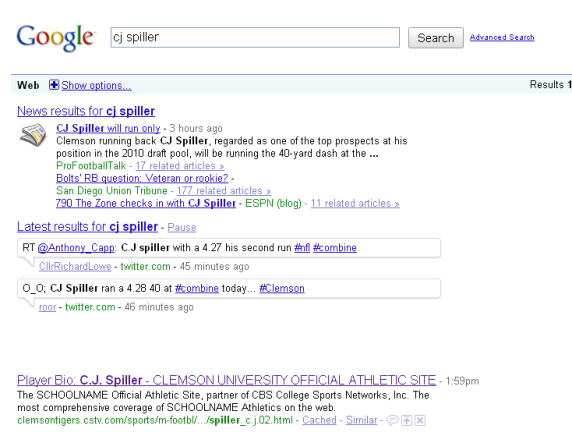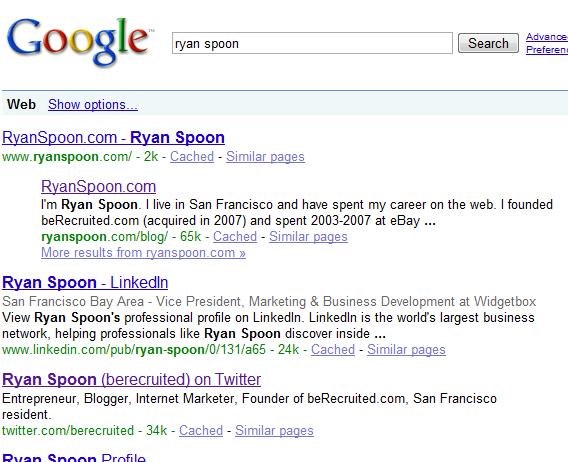Note: This article originally appeared on TechCrunch (“14 Steps to Successful SEO for Startups”). For startups, it is dangerous to entirely separate product and marketing – both strategically and organizationally. A great product isn’t overly useful without an audience. And a great marketing strategy can’t save a poor product. Product and marketing have to coexist.
So when imaging, building and eventually launching your product, it is important to also hone the marketing strategy. There are five core channels:
- Paid marketing (SEM, display, affiliates, etc) - Social & viral marketing - Search engine optimization (SEO) - Partnerships & business development - PR
For early-stage companies, advertising at scale is expensive and consequently difficult. Furthermore, PR and business development become easier efforts as the company matures. So where does that leave you as a resource-constrained startup?
Marketing needs to come from the product itself. Last week I explored the role that social and virals play. And while the tech world is fascinated with social media and major platforms like Facebook and Twitter, we shouldn’t overlook the role of SEO (and consequently Google). Like Facebook and Twitter, SEO is another opportunity to expand your funnel and increase your audience — without an advertising budget! Also like social, SEO is far more effective when built directly into the product (“from the ground up”). Here are 14 guidelines for thinking about SEO.










